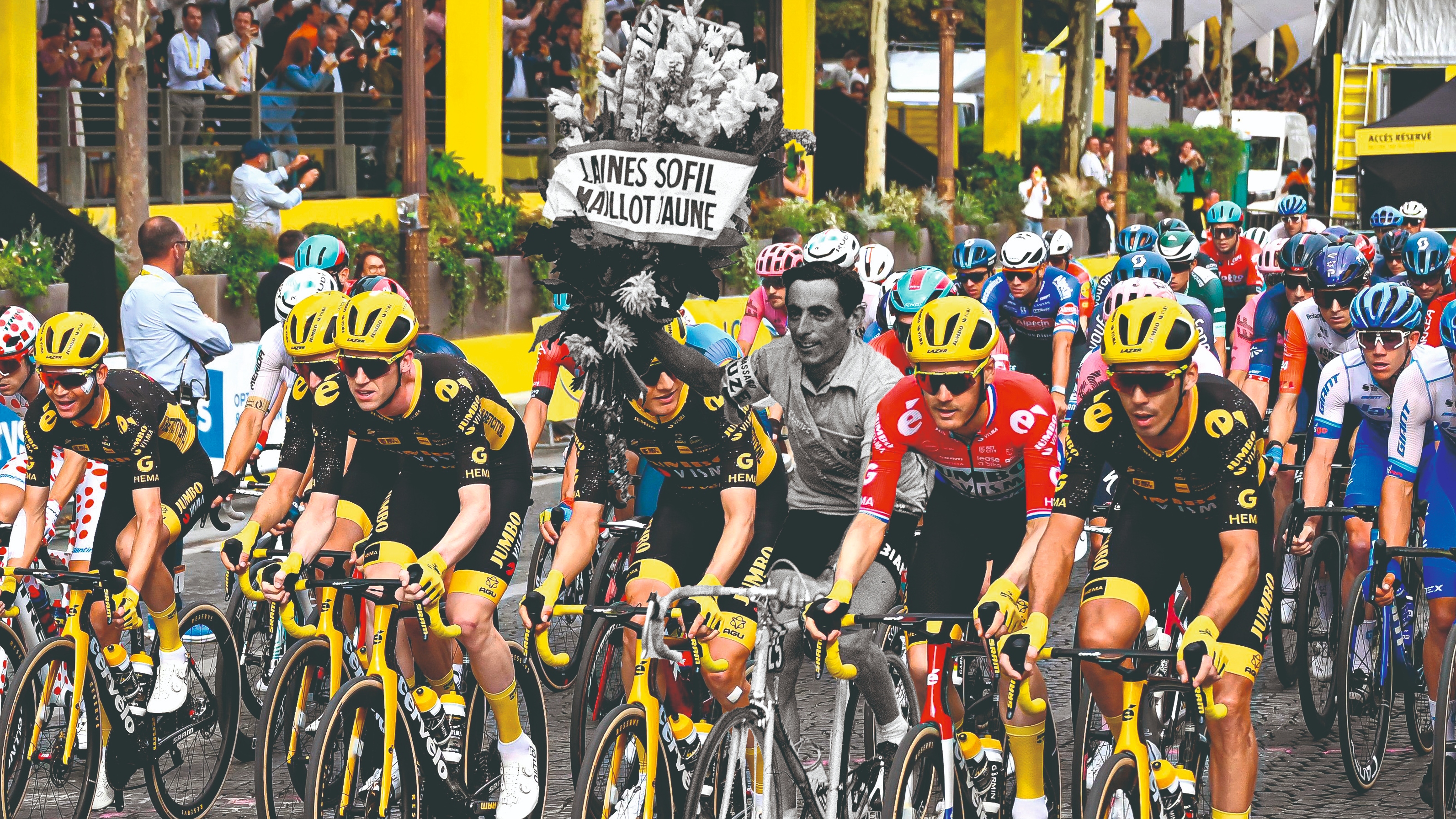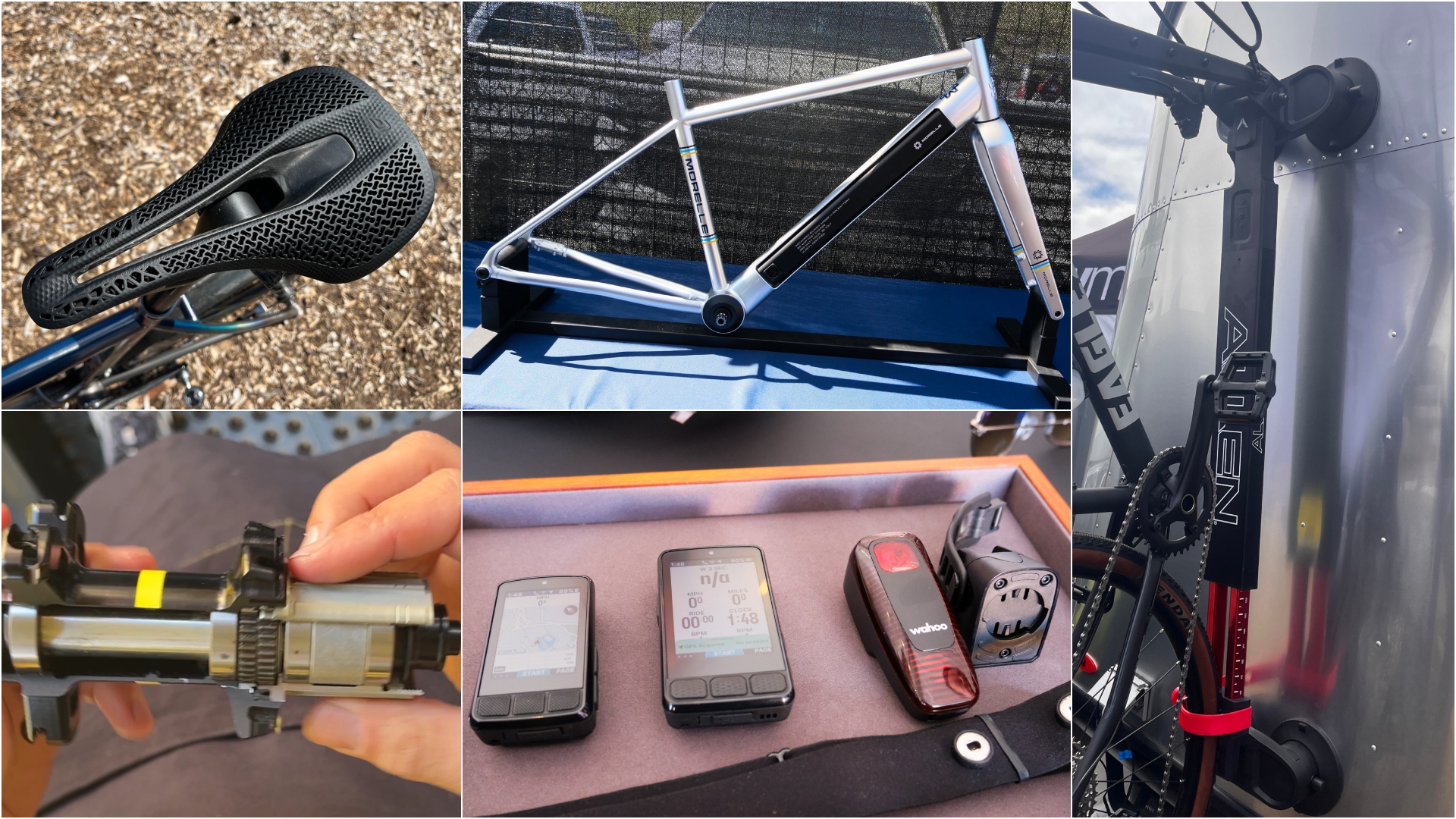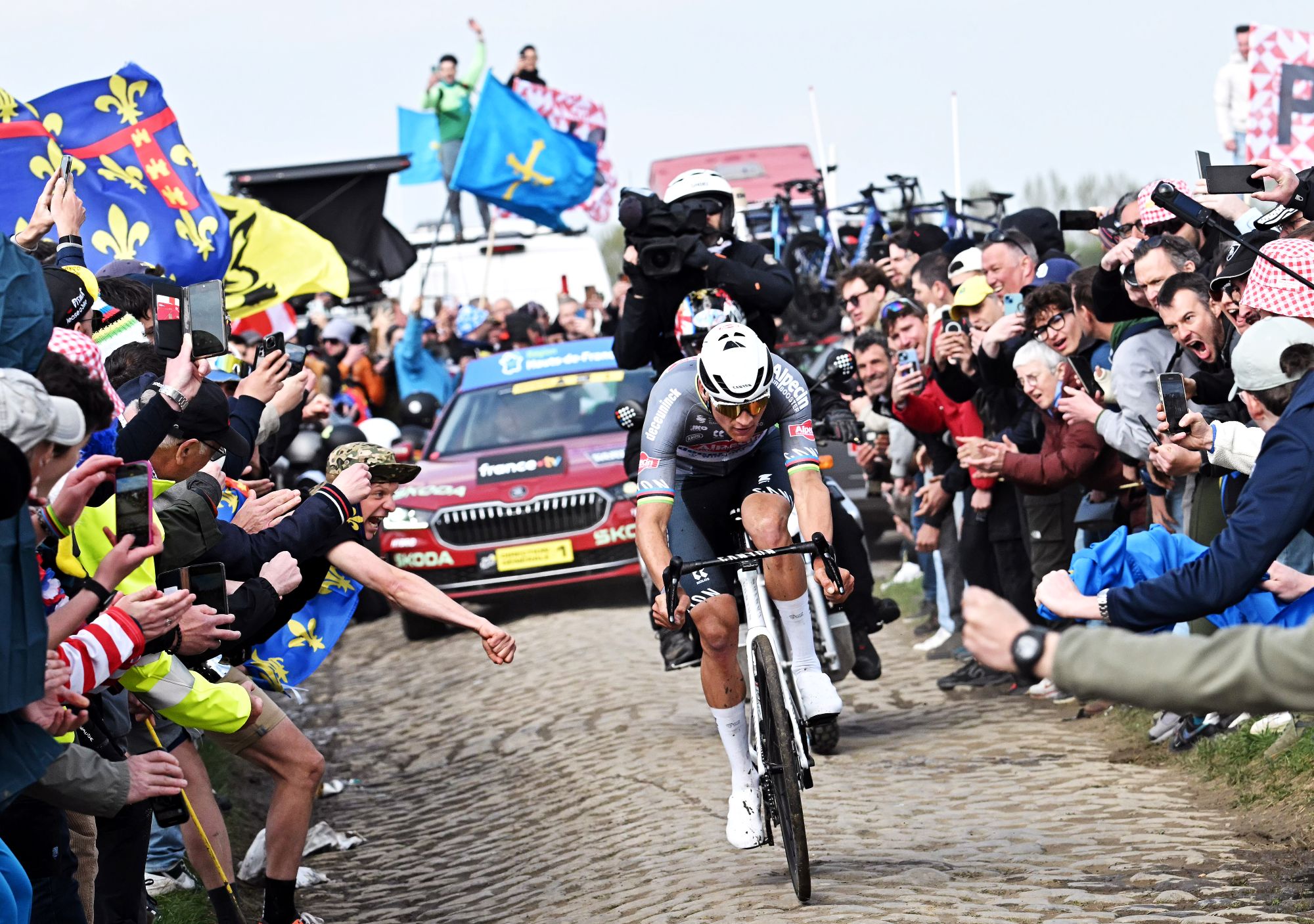The 'greatest rider of all time' is always the one who inspired you in your youth
The generational debate is always easy to solve: the riders of our youth are always better than the riders of today...

Some time ago I was approached by a journalist working on a piece about an old bike racer. He wanted to talk about how good the rider in question had been, which was easy to agree with because they’d been very good indeed. He also wanted help working out how good they’d have been today – would they still be as dominant?
Michael Hutchinson is a writer, journalist and former professional cyclist. His Dr Hutch columns appears in every issue of Cycling Weekly magazine.
This has become a very familiar line of enquiry, for riders from Eddy Merckx, to Beryl Burton, to Alf Engers, and I’m aware that since I’ve written about both cycling history and performance, it’s something I’m going to get asked about. It would be reasonable to say that if I can’t help with that, I probably can’t help with anything.
“How good would they be with modern training and modern technology?” is the general shape of the question. Sometimes there’s a random element – I once got asked how good Fausto Coppi would be with modern tyres? (He’d spend a little less time fixing punctures, so he’d be a little happier, otherwise he’d be pretty much the same.)
The “how good would…” or “greatest of all time…” thing is always an excellent debate. Unlike other topics, like who’s going to win the 2024 men’s Tour de France, it doesn’t get killed stone dead by Jonas Vingegaard going and actually winning it. With Merckx vs Pogačar you can never be proved wrong, and you can never be proved right.
But I’m not at all sure about a definitive “scientific” answer. The problem is that the harder you try to dig, the further away the answer gets.
“Modern training”, for example. Modern training is not as different from old training as people think. You go cycling and you get better at it – the rest is details.
But more important, a big reason that the old stars could win things was because they’d refined the details that were right for them. In a time where training was a more intuitive thing, their instinctive ability to get it right was one of the things that gave them an advantage. Their “old fashioned” training was a strength, not a weakness. Graeme Obree’s programme was as home-brew as you like, and I don’t for a second think he’d have been faster with a subscription to TrainingPeaks.
Get The Leadout Newsletter
The latest race content, interviews, features, reviews and expert buying guides, direct to your inbox!
Technology is harder to dismiss – and by technology, really we mean aerodynamics. You can make a good attempt at working out how fast Beryl Burton would have been on a modern bike. (Jeremy Wilson did exactly that in his fine book 'Beryl'.) But there’s a largish element of guess work involved if you can’t test the actual rider. You have to assume that someone in about the same position has the same drag, and if that worked there’d be no point in wind tunnels, we’d just work off pictures of Katie Archibald.
A slightly different but very pertinent question that no one ever asks is, how good would the also rans have been with modern training? They were probably less instinctively good at training, less intuitively aerodynamic. There’s every chance that modern approaches to racing would help them much more than it would help the riders who were beating them.
If you took modern training and technology back to the 1970s, you might find that Raymond Poulidor had the beating of Merckx after all. That would make a terrible mess of your attempt to enshrine Eddy as the GOAT.
Because in the end, that’s generally what the whole debate is trying to establish. No one ever sets out to do the maths because they want to establish that Chris Froome or Lotte Kopecky is the greatest rider of all time. They want that title to go to the rider they remember from their youth, because they want their youth to have been the greatest too.
But at best it’s harmless, at worst it’s a bit unfair on the current riders. Although at least they have the good sense not to care. Not even a little bit.

Thank you for reading 20 articles this month* Join now for unlimited access
Enjoy your first month for just £1 / $1 / €1
*Read 5 free articles per month without a subscription

Join now for unlimited access
Try first month for just £1 / $1 / €1
Michael Hutchinson is a writer, journalist and former professional cyclist. As a rider he won multiple national titles in both Britain and Ireland and competed at the World Championships and the Commonwealth Games. He was a three-time Brompton folding-bike World Champion, and once hit 73 mph riding down a hill in Wales. His Dr Hutch columns appears in every issue of Cycling Weekly magazine
-
 A bike rack with an app? Wahoo’s latest, and a hub silencer – Sea Otter Classic tech highlights, Part 2
A bike rack with an app? Wahoo’s latest, and a hub silencer – Sea Otter Classic tech highlights, Part 2A few standout pieces of gear from North America's biggest bike gathering
By Anne-Marije Rook
-
 Cycling's riders need more protection from mindless 'fans' at races to avoid another Mathieu van der Poel Paris-Roubaix bottle incident
Cycling's riders need more protection from mindless 'fans' at races to avoid another Mathieu van der Poel Paris-Roubaix bottle incidentCycling's authorities must do everything within their power to prevent spectators from assaulting riders
By Tom Thewlis